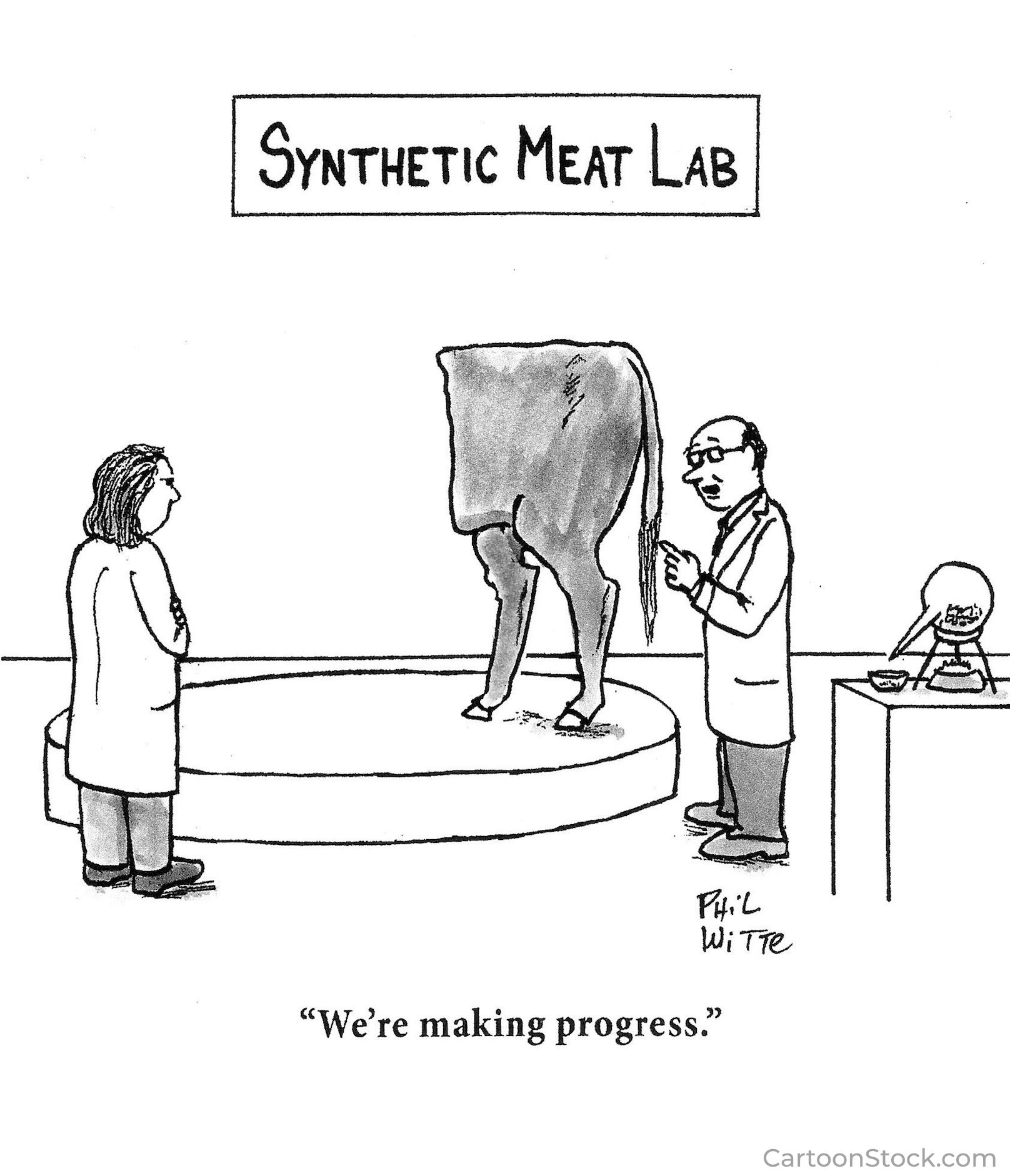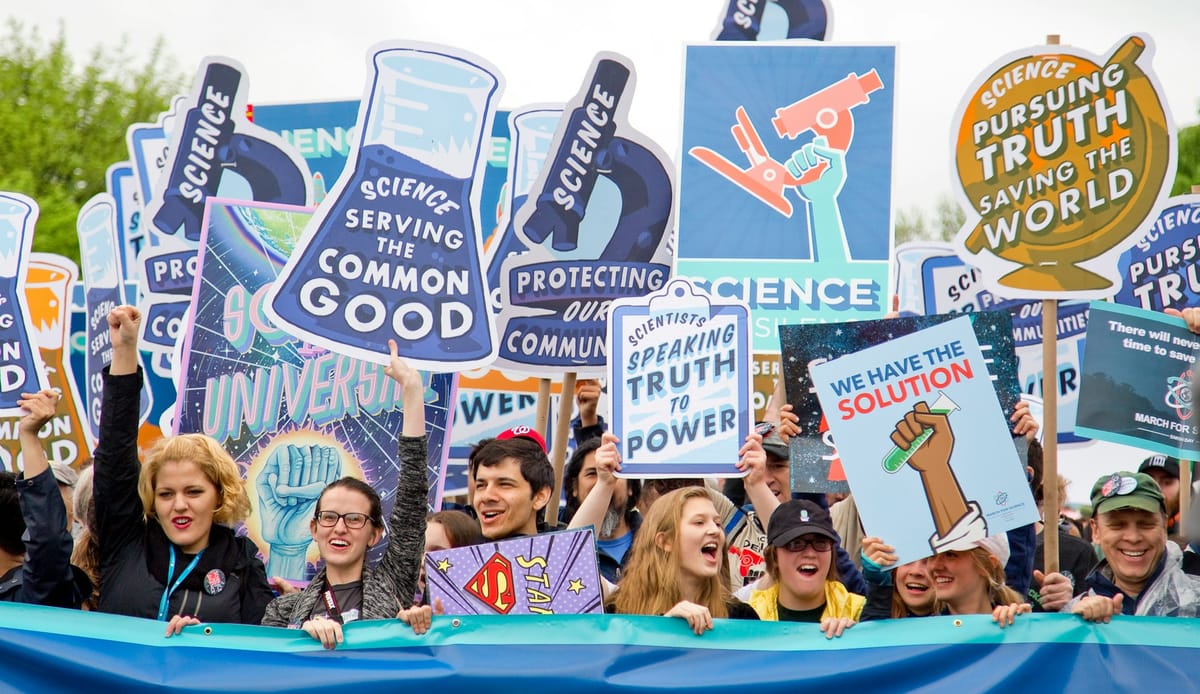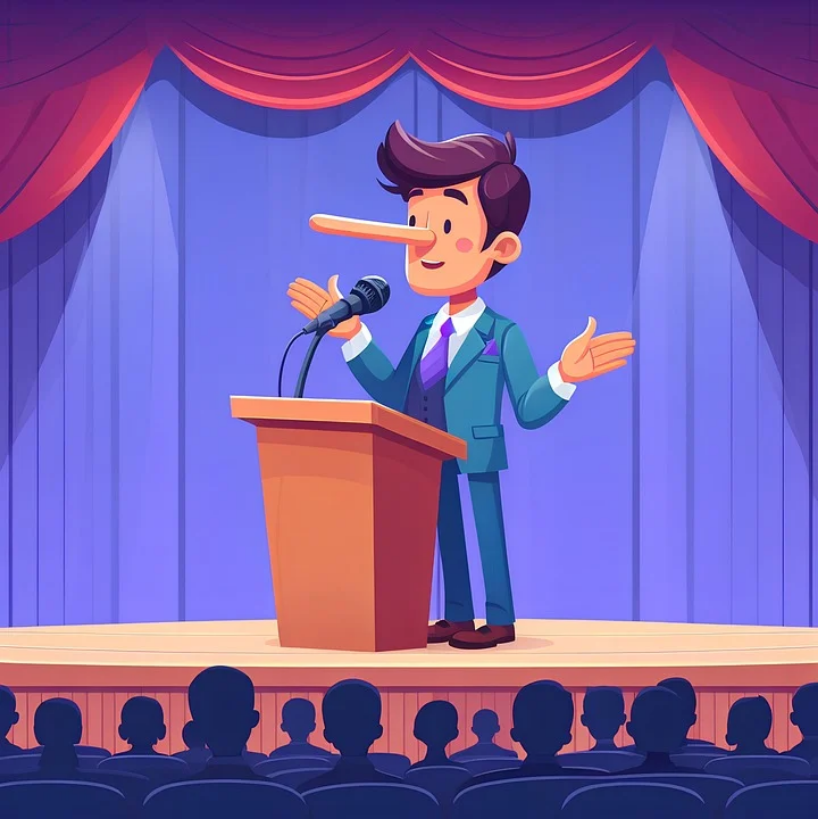The Academic Culture of Fraud

www.palladiummag.com
EXCERPTS: Lesné’s apparent fraud is not an isolated incident. In 2023, Marc Tessier-Lavigne, then the President of Stanford University, was forced to resign after the revelation of falsified data in his earlier research at drug developer Genentech, including a now-retracted paper on the amyloid hypothesis which has been cited over 1,000 times. [...] Once again, there is no effort to find the supposed true culprits...
[...] Medical fraud may be the most evil form of academic fraud, but it is not the only one, or even the most common. More famous is the “replication crisis” in academic psychology...
[...] If bureaucratized peer reviewers or even a paper’s own coauthors aren’t expected to pay enough attention to notice blatant fraud, if fraud is only revealed by third-party investigators when they choose to make a years-long personal crusade in the face of institutional headwinds, if those frauds which are uncovered don’t come to light until decades after the fact, then we can be confident that almost all of the frauds have gotten away with it...
[...] The U.S. financial system is hardly the greatest edifice of justice in the world. Yet, it demonstrates a basic level of self-policing, effort to uphold professional standards, and accountability to the rest of society. Academic institutions fall far short of these minimal standards...
[...] Fraud is certainly not the only problem in academic science. Lesser crimes such as massaging data to create false positives and “HARKing” (hypothesizing after the results are known) are even more common...
[...] With some honorable exceptions, most academics don’t care very much about the capital-T Truth. Oh, they’d prefer Truth to lies, if Truth only cost two dollars. But if the cost is at all serious, they won’t pay it. It is a fault in the institutions that academics must choose between wealth and prestige and career success on the one hand, and pursuit of Truth on the other...
[...] I have little hope that academic science can be reformed from the inside. Frankly, it seems too far gone...
[...] One conviction per decade is not nearly enough to solve the problem, but it shows that the legal tools already exist. ... More likely, reform will come through circumvention from outside the academic system... (
MORE - missing details)
- - - - - - - - - - - - - - -
Noah Lyles' collapse underscores our collective COVID denial
We keep pretending that the pandemic is done and over, but it keeps knocking us off our feet

www.salon.com
EXCERPTS: But seeing an American Olympic star sprawled out and gasping on the track, and then taken away in a wheelchair, was more than a shocking image. It also represented the general “mission accomplished” attitude toward SARS-CoV-2: We think we’ve won against this virus and we haven’t.
COVID isn’t just spreading like wildfire through the Olympic Village in Paris — we are undergoing surges across the globe, with the World Health Organization tracking steep rises in infections in 84 countries. After more than four years fighting this thing, it is still knocking us out.
[...] Yes, a virus that can literally cause brain damage is spreading at record levels and most people are acting like it’s just another wave. Just keep running. But we’re not just paying the price with our bodies. The economy is also getting smacked by long COVID. ... We have plenty of tools to protect ourselves, but our strategy is instead denial, and it isn't working... (
MORE - details)
_

 www.technologyreview.com
www.technologyreview.com































